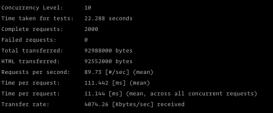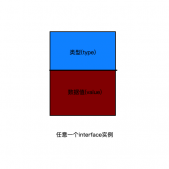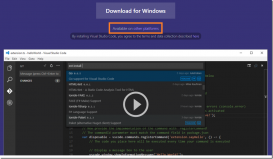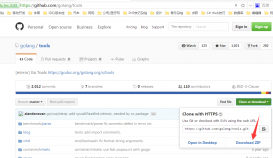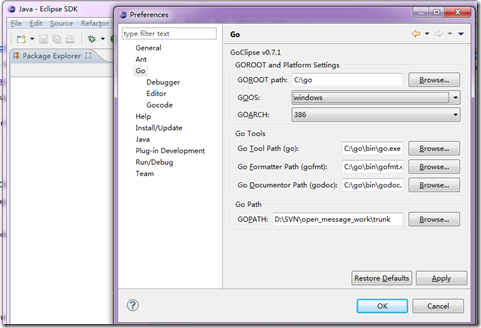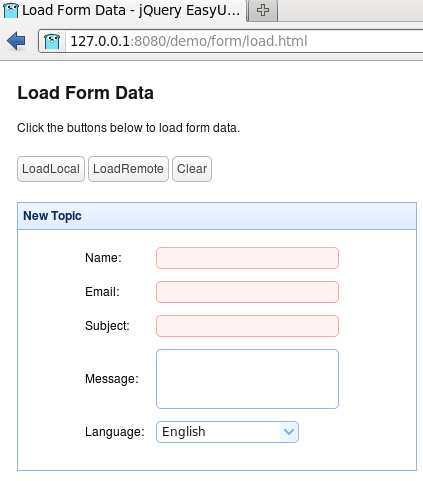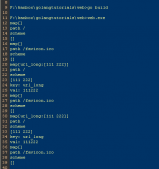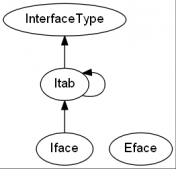痛点
json 是当前最常用的数据传输格式之一,纯文本,容易使用,方便阅读,在通信过程中大量被使用。
你是否遇到过json中某个字段填入某种类型都适合而陷入两难境地? (例如:定义了一个port字段,你却不知道是填入 8080 ,还是 “8080” 的尴尬局面)
你是否遇到过json反解析报错是因为填入字段的类型不匹配导致的?例如:
json: cannot unmarshal number into Go struct field Host.port of type string
你是否有json某字段兼容2种或者多种的数据结构的需求?
你是否想让程序更优雅,更具有适配性,而不在被这些小细节头痛?
如果你有或者你想,获取你可以看看这篇文章。
重现问题
我们给了用户一个json如下:
|
1
2
3
4
|
{ "name":"yulibaozi", "port":8080} |
但是,业务方却误填了”8080”,结果我们程序反解析报错,导致业务失败。
json: cannot unmarshal number into Go struct field Host.port of type string
或许你认为这是业务方的问题,但我认为我们可以更优雅的解决这个问题。
如何解决问题
我们先定义了一个结构体
|
1
2
3
4
|
type Host struct { Name string `json:"name"` Port Port `json:"port"`} |
心细的你会发现,Port既不是int也不是string类型,而是Port类型,而Port类型是:
|
1
2
3
4
5
6
7
8
9
10
11
12
|
type Type intconst ( Int Type = iota String)type Port struct { Type Type IntVal int StrVal string} |
在Port结构体中,我们发现了Type类型, 而Type类型包括了int,string两种类型。接下来就非常重要了,我们需要实现以下这两个接口。
|
1
2
|
json.Unmarshaller interfacejson.Marshaller interface |
实现代码如下:
|
1
2
3
4
5
6
7
8
9
10
11
12
13
14
15
16
17
18
19
20
21
22
23
24
25
26
27
|
type Port struct { Type Type IntVal int StrVal string}// 实现 json.Unmarshaller 接口func (port *Port) UnmarshalJSON(value []byte) error { if value[0] == '"' { port.Type = String return json.Unmarshal(value, &port.StrVal) } port.Type = Int return json.Unmarshal(value, &port.IntVal)}// 实现 json.Marshaller 接口func (port Port) MarshalJSON() ([]byte, error) { switch port.Type { case Int: return json.Marshal(port.IntVal) case String: return json.Marshal(port.StrVal) default: return []byte{}, fmt.Errorf("impossible Port.Type") }} |
接下来测试:
测试反解析
测试反解析int
给出json数据:
|
1
|
{"name":"yulibaozi","port":8090} |
反解析得到的结构体数据如下:
|
1
|
&{Name:yulibaozi Port:{Type:0 IntVal:8090 StrVal:}} |
测试反解析string:
给出json数据:
|
1
|
{"name":"yulibaozi","port":"8090"} |
反解析得到的结构体数据如下:
|
1
|
&{Name:yulibaozi Port:{Type:1 IntVal:0 StrVal:8090}} |
测试编码的json
测试编码int的结构体如下:
|
1
2
3
4
5
6
7
|
host := &Host{ Name: "yulibaozi", Port: Port{ Type: Int, IntVal: 8080, }, } |
编码后的json如下:
|
1
|
{"name":"yulibaozi","port":8080} |
测试编码string的结构体如下:
|
1
2
3
4
5
6
7
|
host := &Host{ Name: "yulibaozi", Port: Port{ Type: String, StrVal: "8080", }, } |
编码后的json数据如下:
|
1
|
{"name":"yulibaozi","port":"8080"} |
在反编码测试中,你会发现当json填入的类型不同时,会编码到结构体中对应的字段中。
在编码测试中, 具体编码那个数据是由Type来确定的。
总结
其实,这篇文章只是分享了下json中使用的小技巧,他打破了在使用json时,需要呆板的数据结构的印象,转而走向了多变,灵活跳脱的风格,其实,这这个小tips的核心在于实现Unmarshaller,Marshaller这两个结构体,他们的实现是这个分享的关键,当然,你可以实现如开篇所说的那样,json某字段兼容2种及以上结构,当然,你也可以对yaml,toml等进行折腾,都会得到你想要的答案。
好了,以上就是这篇文章的全部内容了,希望本文的内容对大家的学习或者工作具有一定的参考学习价值,如果有疑问大家可以留言交流,谢谢大家对服务器之家的支持。
原文链接:https://mp.weixin.qq.com/s/ZyyOD4mMML5Im09tEQss0g



